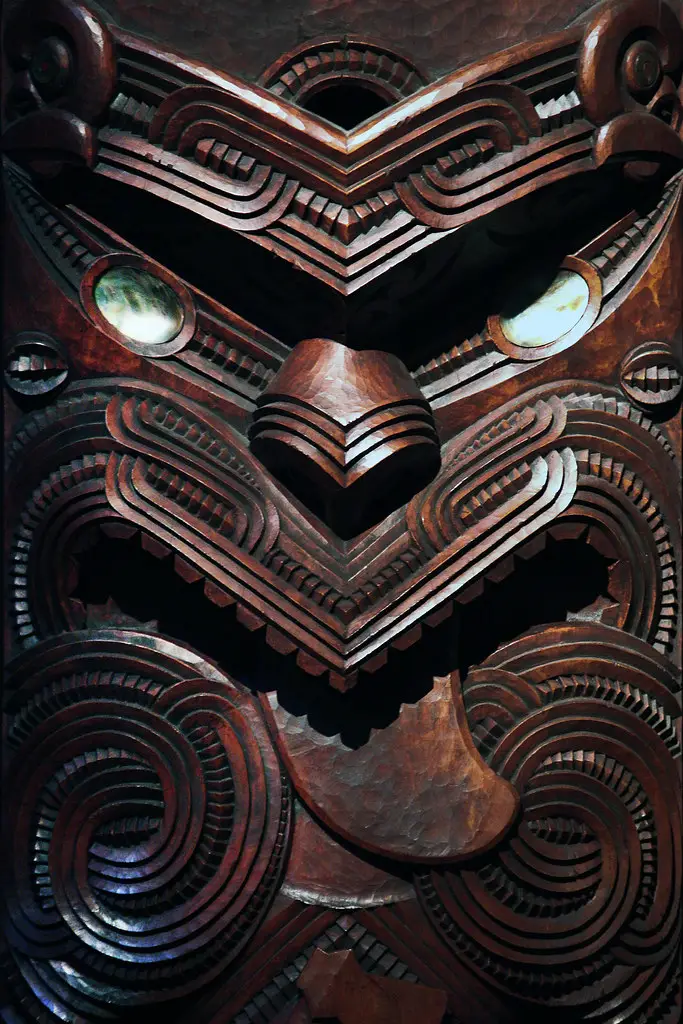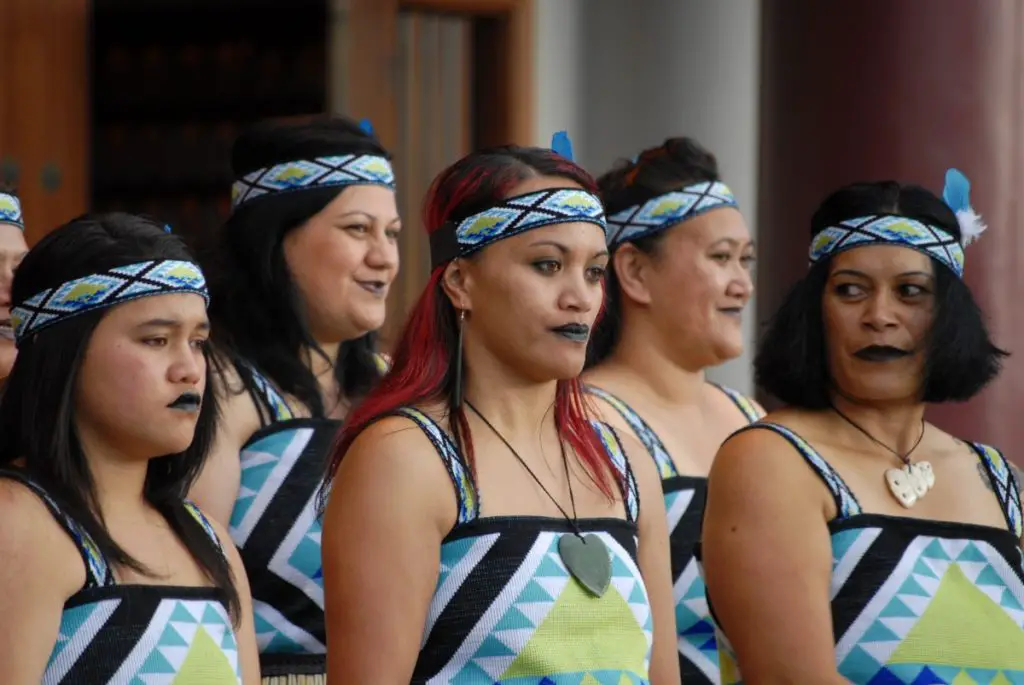Uniqueness and dynamicness of New Zealand culture
Even though New Zealand culture shares many similarities with “Kiwi” culture, it may still be difficult to grasp the nuances of New Zealand society.
NZ culture will be open and welcoming, yet also guarded and courteous. So, it’s understandable if you’re feeling a little befuddled by that. Be patient and give it some time. New Zealanders (or “Kiwis”) are unique and interesting people to study since you will soon learn how they operate. That is the uniqueness of New Zealand culture.
If you want to learn more about our culture and history, check out “New Zealand in Brief” in the Encyclopedia of New Zealand (Te Ara).
The government organization that provides funding for our broadcasting services, NZ On Air, offers a library of New Zealand-made television shows, movies, music videos, and online series. They are packaged with explanatory notes that will facilitate your investigation of our way of life.
New Zealanders have experienced globetrotters who recognize the challenges of settling in a new land.
Keep an eye on the locals and don’t be shy about asking for clarification if you don’t understand anything. It’s the most efficient method of education. Getting in touch with us is easy, and we’re always happy to provide a hand.
You may also politely request feedback from locals if you think you’re doing it inappropriately.

Social gatherings and culinary adventures
In New Zealand, a typical method to socialize and unwind is over a shared meal.
In New Zealand, food and friendship go hand in hand, whether you’re having a BBQ with your neighbors, having a picnic on the beach, or participating in a hangi (the traditional Mori technique of cooking food in an earth oven) at your child’s school.
Guests are encouraged to add to the host’s generosity by bringing a snack or bottle of wine to share. Even if the host specifically requests “no gifts,” it is OK to offer something little.
The New Zealand population often accepts invites with a laid-back demeanor. Sometimes folks may RSVP “yes” to a party but then not show up. Don’t take it to heart.
A cup of coffee or tea is a staple of a Kiwi get-together. If you go to someone’s house, they will probably make you a cup of coffee or tea. Even if tea is your preferred beverage, “going out for coffee” is still a common occurrence.
Alcohol
Even though New Zealand is known for its drinking, it is OK to have non-alcoholic beverages while meeting new people.
In New Zealand, the minimum age to purchase alcohol is 18. No one under that age may be given alcohol, as per the law.

Tobacco use is illegal in all New Zealand workplaces, schools, and public places.
People are often expected to smoke in the open air. It’s good manners to ask those around you whether it’s okay to smoke, even if you’re outdoors.
People who wish to quit smoking may get support from a service called Quitline.
Coworker chatter
It is usual practice for coworkers to share morning or afternoon teas. Such gatherings are often held to honor a team member on their birthday or to mark another significant occasion.
Guests are expected to contribute to the meal. Just bring some food, or “bring a plate,” as the expression goes.
No one will ever really yell for food or drink since it would be considered rude.
Friday happy hours are also rather prevalent in New Zealand. Intended mostly for my coworkers at this time. Depending on the company policy, other members of the family could not be invited. When in doubt, just ask.
We attempt to limit the amount of time spent discussing work at these gatherings.
Additional details regarding the Kiwi work environment may be found on the site’s “New Zealand method of working” pages.
Ethics and decorum
A casual encounter with a Kiwi reveals a sociable and extroverted person. However, we also value our privacy. While we are friendly and easy to talk to, we like to keep our personal lives private. Don’t ask about someone’s salary, relationship status, why they don’t have kids or aren’t married, or comment on their weight.
It is OK to inquire about the weekend plans and the well-being of the respondent’s children. Discussing sports and the weather is also appropriate.
As natives of a place with expansive vistas, we prefer not to have strangers crowd around us. We all keep to the left side of the sidewalk and exchange friendly smiles as we go.
The Maori people are responsible for a number of New Zealand’s traditions. Common etiquette dictates that you remove your shoes at the threshold and refrain from perching on any furniture, even cushions. The Maori people have a tradition of saying a prayer (karakia) before each meal and may give you a kiss on the cheek as a sign of greeting.
Te Ara, the New Zealand encyclopedia, has a more in-depth article on New Zealand etiquette as well as an “essential tips” guide.

How to Talk to a Kiwi
As a people, Kiwis are kind and eager to assist others, so hearing the word “no” may be a rude awakening.
Some of the ways we express “no” might appear muddled to outsiders.
The phrases “not sure” and “not really” come to mind. Maybe we’ll even use the “yeah nay” (or “probably not”) idiom. When stated sarcastically, “yeah right” signifies “absolutely not.”
TalkTalk, which you can get through Immigration New Zealand, is a great way to learn about how people talk at work in New Zealand.
New Zealander slang and pronunciation
New Zealanders have a reputation for speaking quickly and using a lot of slang. It’s difficult to understand even if English is your first language. Never be reluctant to ask a person to speak more slowly or to repeat or elaborate on a statement. We suggest that you listen to different radio shows in New Zealand to get used to the accent there. The internet also provided access to a few New Zealand movies and TV shows.





